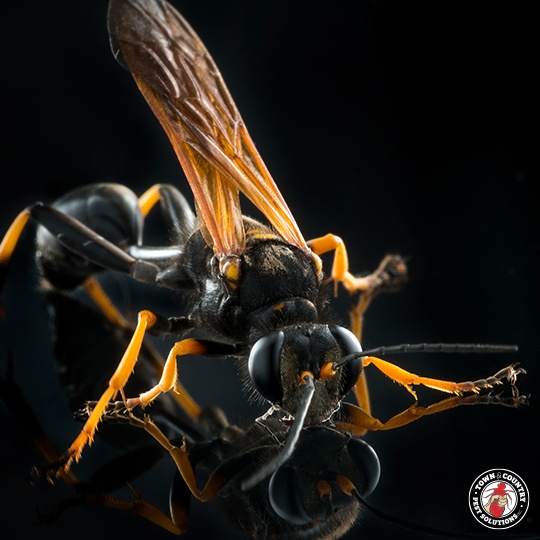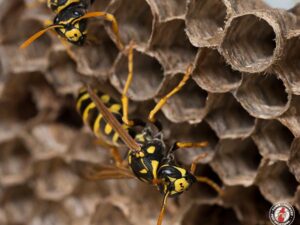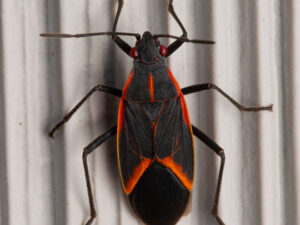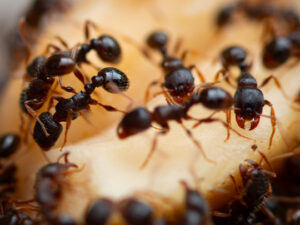
Wasps are a common problem during the warmer months, and their stings can be painful and dangerous, especially for those with allergies. Fortunately, there are several ways to prevent wasps from invading your space. In this article, we’ll discuss some of the best ways to keep these pests at bay.
Understanding Wasps
Before we dive into prevention strategies, it’s important to understand the types of wasps you may encounter. There are two main types of wasps: social and solitary. Social wasps, such as yellow jackets and paper wasps, live in colonies and can be aggressive when they feel threatened. Solitary wasps, such as mud daubers and cicada killers, do not live in colonies and are generally less aggressive.
Prevention Strategies
Prevention is key when it comes to keeping wasps at bay. Here are some effective strategies to consider:
- Keep food and drinks covered when eating outdoors, as this can attract wasps.
- Seal garbage cans tightly, and consider using a garbage can with a lid that locks in place.
- Seal up any cracks or gaps in your home’s exterior to prevent wasps from entering.
- Keep doors and windows closed, or use screens to keep wasps out.
- Avoid wearing perfumes or other sweet-smelling scents that can attract wasps.
- If you have fruit trees or other plants that produce sweet nectar, consider removing them or relocating them further away from your home.
Natural Repellents
There are also several natural repellents you can use to keep wasps away. Here are a few options:
- Peppermint oil: Mix a few drops of peppermint oil with water and spray it around the perimeter of your home or other outdoor spaces.
- Cinnamon: Sprinkle cinnamon around the perimeter of your home or other outdoor spaces to keep wasps away.
- Vinegar: Mix equal parts vinegar and water in a spray bottle, and use it to spray areas where wasps are likely to enter.
Professional Pest Control
If you have a serious wasp problem or are allergic to their stings, it may be best to seek the help of a professional pest control service. They can assess the situation and recommend the best course of action, which may include using pesticides or other chemical treatments to eliminate the infestation.
FAQs About Wasp Prevention
Here are some frequently asked questions about preventing wasp infestations:
Q: Can wasp nests be removed safely?
A: Yes, wasp nests can be removed safely by a professional pest control service.
Q: How can I keep wasps from building nests near my home?
A: Use preventive strategies such as sealing cracks and gaps in your home’s exterior, removing sources of food and nectar, and using natural repellents.
Q: What should I do if I get stung by a wasp?
A: If you’re allergic to wasp stings, seek medical attention immediately. Otherwise, clean the area with soap and water and apply a cold compress to reduce swelling.
Preventing wasp infestations can be a challenge, but by taking the right steps, you can keep these pests at bay and protect yourself and your family from painful stings. Use these tips and strategies to prevent wasps from invading your space, and consider seeking the help of a professional pest control service if the problem persists. With the right prevention and treatment, you can enjoy












